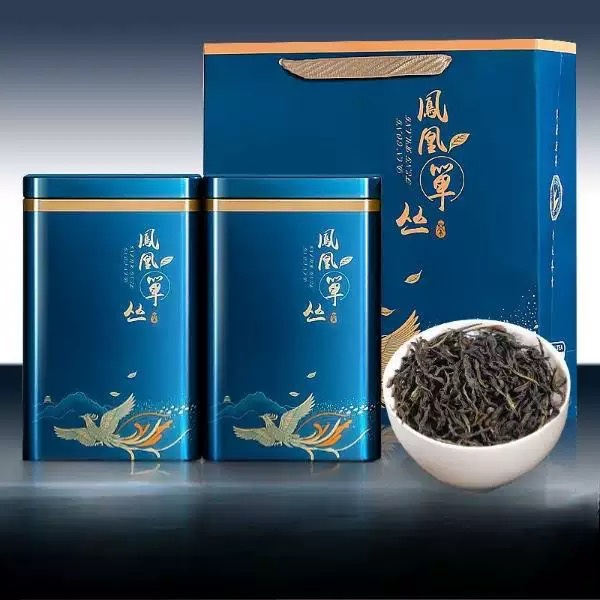
# Oolong Tea: A Natural Aid for Weight Loss
Keyword: Oolong Tea and Weight Loss
## Introduction to Oolong Tea
Oolong tea, a traditional Chinese tea, is known for its unique taste and numerous health benefits. This partially oxidized tea falls somewhere between green and black tea in terms of oxidation levels, giving it a distinct flavor profile and a rich nutritional composition.
## How Oolong Tea Supports Weight Loss
### Boosts Metabolism
One of the primary ways oolong tea aids in weight loss is by enhancing metabolic rate. The polyphenols in oolong tea help activate enzymes that break down fat stores in the body, leading to increased energy expenditure.
### Enhances Fat Oxidation
Studies have shown that oolong tea can increase fat oxidation by up to 12% compared to water. This means your body becomes more efficient at using fat as an energy source, which can contribute to weight loss over time.
### Regulates Blood Sugar Levels
The polyphenols in oolong tea help moderate blood sugar levels after meals, reducing insulin spikes that can lead to fat storage. This makes it particularly beneficial for those looking to manage their weight.
## Additional Health Benefits
Beyond weight loss, oolong tea offers several other health advantages:
– Rich in antioxidants that combat free radicals
– May improve heart health by lowering bad cholesterol
– Contains L-theanine which promotes relaxation and mental clarity
– Supports healthy digestion
## How to Incorporate Oolong Tea into Your Routine
For optimal weight loss benefits, consider these tips:
– Drink 2-3 cups of oolong tea daily
– Enjoy it between meals rather than with food
– Avoid adding sugar or milk to maximize benefits
– Combine with a balanced diet and regular exercise
## Scientific Evidence Supporting Oolong Tea for Weight Loss
Several studies have demonstrated oolong tea’s effectiveness for weight management:
– A 2009 study published in the Chinese Journal of Integrative Medicine found that oolong tea consumption led to greater fat burning than green tea
– Research in the Journal of Nutrition showed that oolong tea increased energy expenditure by 10% compared to water
– A 2001 study demonstrated that oolong tea helped overweight subjects lose weight over a six-week period
## Potential Side Effects and Considerations
While generally safe, oolong tea does contain caffeine (about 30-50mg per cup). Those sensitive to caffeine should:
– Limit consumption to earlier in the day
– Start with smaller amounts
– Consult a healthcare provider if pregnant or with medical conditions
## Conclusion
Oolong tea serves as a natural, gentle aid for weight loss when combined with a healthy lifestyle. Its unique combination of compounds that boost metabolism, enhance fat burning, and regulate blood sugar make it an excellent addition to any weight management plan. Remember that while oolong tea can support your efforts, sustainable weight loss comes from a comprehensive approach including proper nutrition and regular physical activity.